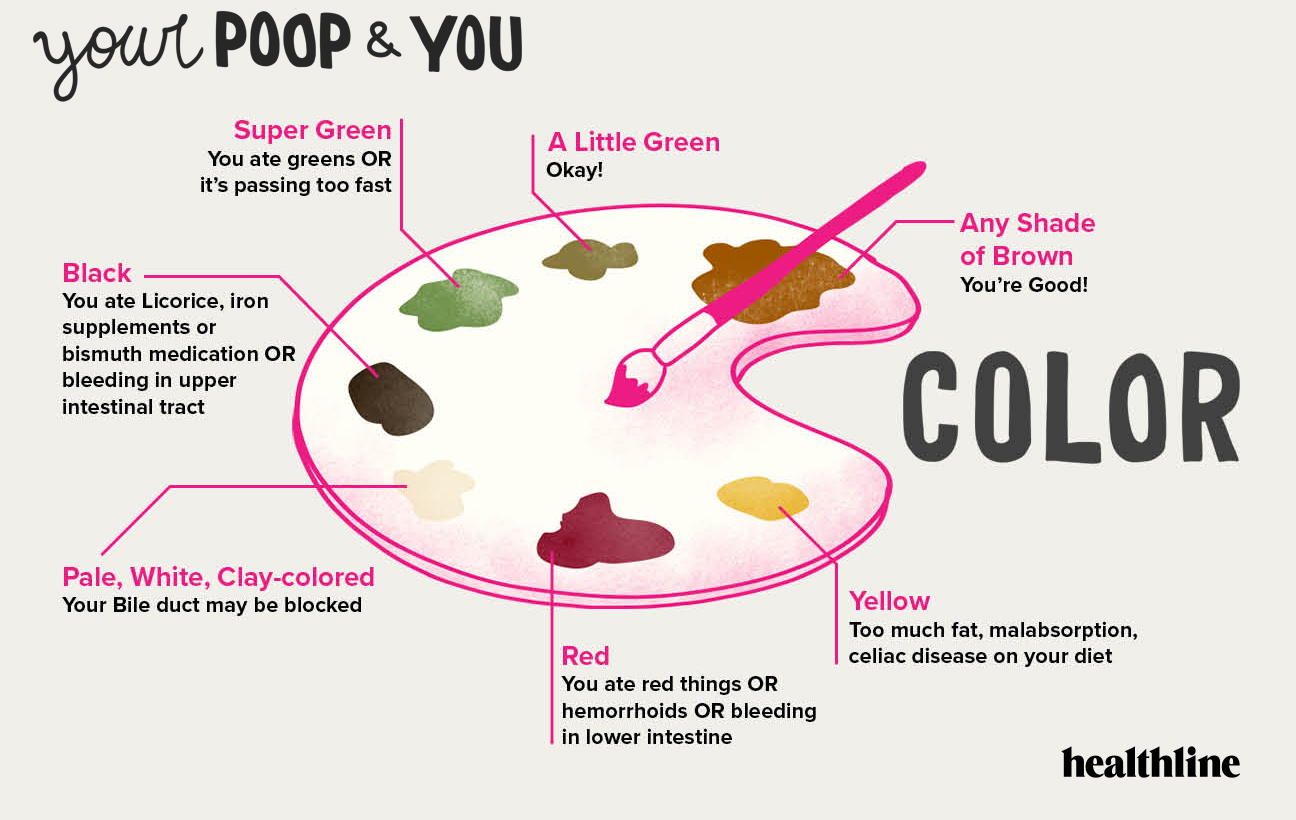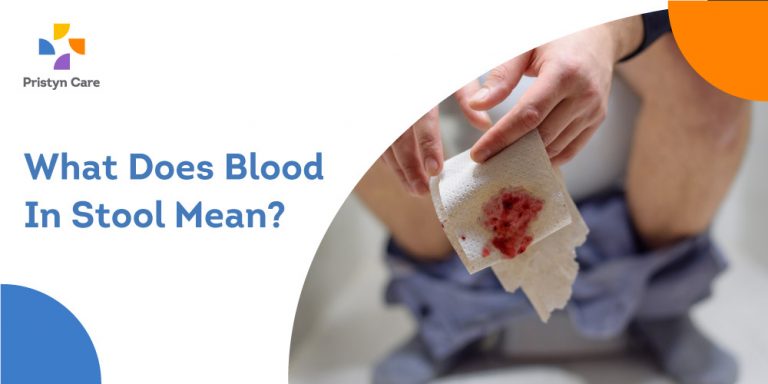What Does It Mean When Your Stool Is Black - If you're a person of color and you notice that your stool is black, you should be concerned. Black stool can be a sign of serious health conditions that require immediate medical attention. In this post, we will explore what causes black stool, when to see a doctor, and how to prevent it from happening.
What Causes Black Stool
Black stool can be caused by a variety of factors, including:
Diet
The foods you eat can affect the color of your stool. If you eat a lot of dark-colored foods, such as blueberries or licorice, your stool may appear black. This type of black stool is usually harmless and will go away on its own once you stop eating these foods.
Medications
Certain medications, such as iron supplements and bismuth subsalicylate (used in medications like Pepto-Bismol), can also cause black stool. This type of black stool is usually harmless and will go away once you stop taking the medication.
Bleeding in the Digestive Tract
If you have black stool and it's not related to your diet or medication, it could be a sign of bleeding in your digestive tract. This can be caused by a variety of conditions, such as:
- Stomach ulcers
- Esophageal varices
- Colon cancer
- Inflammatory bowel disease
When to See a Doctor
If you have black stool and it's not related to your diet or medication, you should see a doctor immediately. These conditions can be serious and require immediate medical attention. Your doctor will perform tests to determine the cause of your black stool and recommend a course of treatment.
How to Prevent Black Stool
The best way to prevent black stool is to maintain a healthy diet and avoid certain medications. If you're taking iron supplements or bismuth subsalicylate, speak to your doctor about alternatives. If you have a digestive condition that puts you at risk for bleeding, such as inflammatory bowel disease, talk to your doctor about ways to manage your condition and prevent bleeding.
Black stool can be a sign of serious health conditions, but it can also be harmless. If you notice that your stool is black, don't panic. Evaluate your diet and medications, and if it's not related to either of those factors, see a doctor immediately to determine the cause and course of treatment.

Tips for Monitoring Your Stool
By paying attention to your stool, you can catch potential health issues before they become serious. Here are some tips for monitoring your stool:
- Use the Bristol Stool Chart to identify changes in stool consistency and color.
- Watch for other symptoms, such as abdominal pain, cramping, and nausea.
- Keep track of your bowel movements and any changes over time.
Ideas for Maintaining Digestive Health
To maintain optimal digestive health, try the following:
- Eat a diet rich in fruits, vegetables, whole grains, and lean protein.
- Stay hydrated by drinking water and avoiding alcohol and sugary drinks.
- Get regular exercise to help with digestion and bowel movements.
- Manage stress with relaxation techniques, such as deep breathing and meditation.
- Avoid smoking and excessive alcohol consumption.
How to Talk to Your Doctor About Digestive Health
It can be tough to discuss bowel movements and digestive health with your doctor, but it's important to be open and honest to get the best care possible. Here are some tips for talking to your doctor about digestive health:
- Be honest about your symptoms, even if they are embarrassing.
- Bring a list of questions to your appointment to ensure you get all the information you need.
- Let your doctor know if you have a family history of digestive conditions, such as colon cancer or inflammatory bowel disease, and ask about screenings.
In conclusion, black stool can be a sign of serious health conditions or harmless dietary factors. The best way to prevent black stool is to maintain a healthy diet and lifestyle and seek medical attention if you notice any changes in your stool that cannot be attributed to your diet or medication. By monitoring your digestive health and speaking openly about your symptoms with your doctor, you can stay healthy and catch potential health issues before they become serious.
:max_bytes(150000):strip_icc()/1941711-causes-of-black-stool-01-5b057bccfa6bcc0037c676bb.png)
Disclaimer: This information is not a substitute for professional medical advice, diagnosis, or treatment. Always seek the advice of your physician or other qualified healthcare providers with any questions you may have regarding a medical condition.



Read more articles about What Does It Mean When Your Stool Is Black
